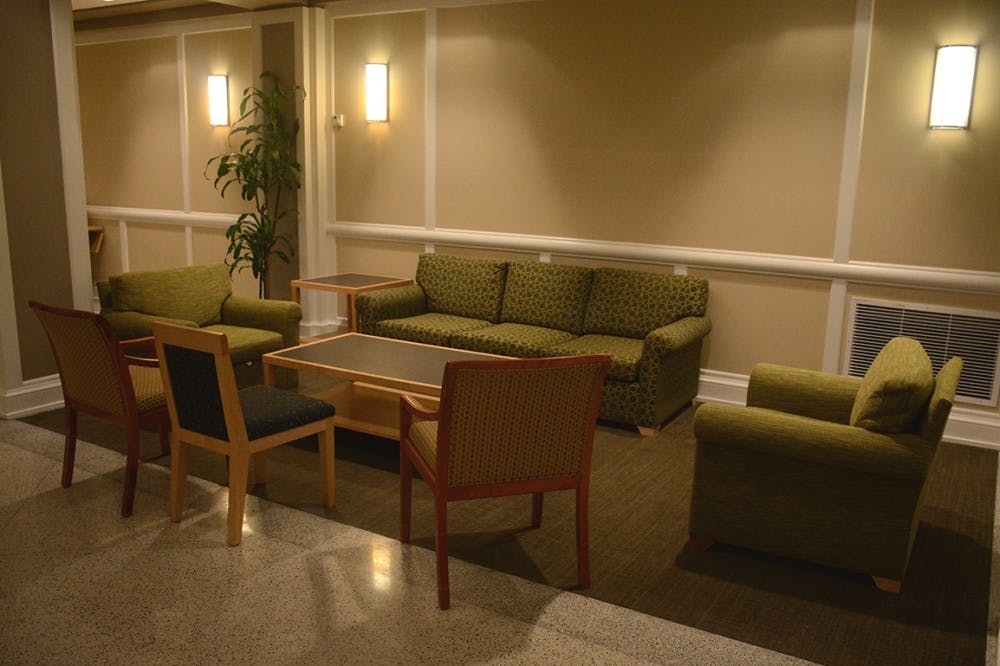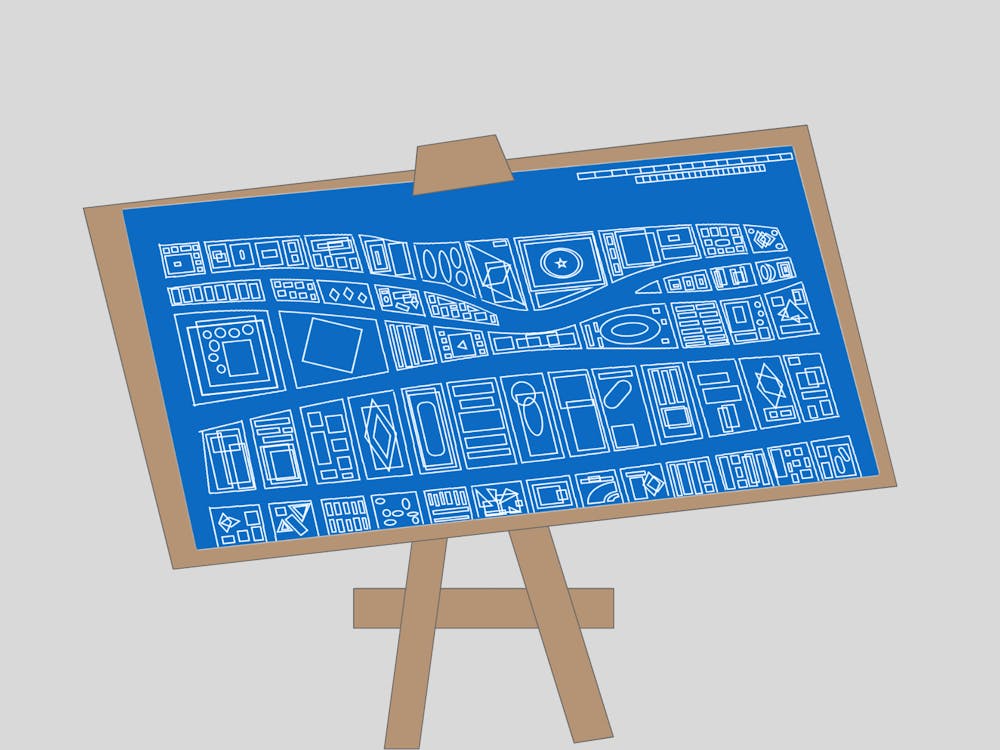The prison industrial complex within the United States thrives because it hides in plain sight. Recent documentaries such as 13th have brought this issue out of the shadows, linking the loophole in the Thirteenth Amendment’s abolition of slavery to institutions within prisons today — “Neither slavery nor involuntary servitude, except as a punishment for crime whereof the party shall have been duly convicted.”
Virginia has its own ties to the prison industrial complex. Look no further than Virginia Code § 53.1-47, which stipulates that all “departments, institutions, and agencies of the Commonwealth” supported by the state treasury must purchase “articles and services produced or manufactured by persons confined in state correctional facilities.” As a state school, the University contracts with correctional enterprises, with products of prison labor populating University’s spaces. This includes everything from lounge furniture to office seating — all mundane, but pervasive objects for students are inextricably tied to prison labor. As students, we have a responsibility to root out the landscape of oppression at the University and to educate ourselves about the reach of prison labor in all areas of our lives.
The General Assembly established the Industrial Department of Welfare and Institutions in 1933. The original goal of this program was to provide “incarcerated individuals with meaningful work programs.” After several name changes, the agency now is known as Virginia Correctional Enterprises, which operates out of Chesterfield, Va.
The VCE repeats frequently on their website that their agency does not receive tax dollars and is not profit driven, only operating on revenue gained through their orders. Additionally, VCE makes claims that their programs are for prisoners’ benefit, with inmates gaining marketable job training, social skills, and compensation, in VCE’s words, “literally changing offenders from tax burdens to taxpayers.”
The fine print of their workers compensation plan reveals the underbelly of the program — that prisoners’ wages almost immediately channel to the Commonwealth under one of the many categories of “court imposed fines, costs, forfeitures, restitution or penalties, court costs, and child support.” Because of this, prison workers lose essential agency as workers, given that their wages from labor never can be fully realized as they flow directly to the state. Additionally, inmates make an astonishingly low wage in the Commonwealth of Virginia — earning $0.55 to $0.80 an hour.
At the federal level, the Federal Prison Industries acts as a parallel to VCE, which pays its employees only $0.90 an hour for complex manufacturing. This wage remains so restrictive that prisoners can’t afford even a chocolate bar after an hour’s work. Kitchen labor rakes in even fewer returns, with hour wages stooping as low as $0.12 to $0.40. FPI conducts business deals under the name UNICOR, which smooths the perception of prison labor to correctional industries — its slogan being “factories with fences.” With these ludicrously low wages, FPI flips extraordinary sales earnings topping $500 million for 2016. The state of California disappoints as well, with its 61,000 prisoners expected to net $232 million in sales earnings.
The impact of the prison-industrial complex reaches beyond just University furniture. In fact, there’s a wide range of seemingly innocuous items and services crafted by prison labor. California’s inmates work in construction and textile industries, while Idaho’s roast potatoes. In Kentucky, prisoners prepare one million dollars worth of beef. Even lingerie has been manufactured in South Carolinian prisons, with Victoria’s Secret outsourcing their products to prison labor in the 1990s. All in all, the amount of materials impacted by prison labor reaches extraordinary heights, both in its production by prisoners and its exposure to consumers. The fact that this system is showcased in season three of “Orange is the New Black,” signals the prison labor’s place in the cultural zeitgeist is now. If we consume both the products and commentary about this complex so pervasively, the time to act on this issue is also now.
As University students, we have to reckon with the pervasive forms of prison labor occupying our lives in any way possible. While eliminating the reach of private prisons may be beyond our immediate control, lobbying Student Council and Brendan Nigro — the incoming student Board of Visitors member — remains realistic. The beds we sleep in and the couches we study on are all relics of exploitative system that stretches the interpretation of the Thirteenth Amendment to its breaking point. The University already possesses a dark lineage of slavery back to Jefferson’s original Academical Village. With so many items built on exploitation now, the Academical Village never truly purged its connections to systems of oppression — instead it continues to dig its roots into past.
Katherine Smith is the Senior Associate Opinion Editor for The Cavalier Daily. She can be reached at k.smith@cavalierdaily.com.






